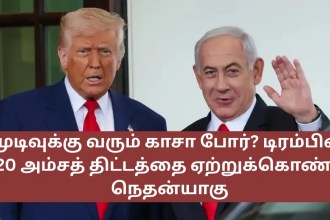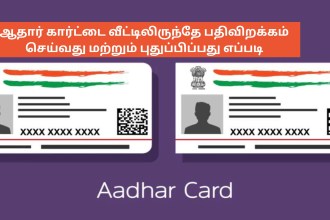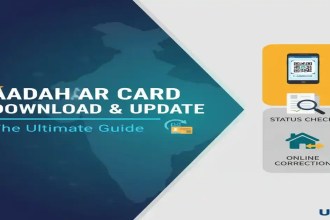Article 370: Supreme Court Upholds abrogation of Article 370
Article 370 Update: On Monday, the Supreme Court of India delivered a historic verdict on petitions challenging the decision to abrogate Article 370 from the Indian Constitution.
Chief Justice of India Dipak Misra, along with Justices S.K. Kaul, Sanjiv Khanna, B.R. Gavai, and Surya Kant, comprising the Constitutional Bench, pronounced the decision, affirming the validity of the central government’s August 5, 2019, decision to nullify the provisions of Article 370. The article had granted special status to the former state of Jammu and Kashmir.
The court acknowledged that Jammu and Kashmir has become an integral part of India, as stipulated in Articles 1 and 370 of the Constitution, and the region has not retained any elements of sovereignty after its integration into India.
Chief Justice Misra stated that the argument presented by the petitioners, claiming that the center cannot make decisions during the proclamation under Article 356, is not acceptable.
The court asserted that the entire Constitution of India can be applied to Jammu and Kashmir in one go using the provisions of Article 370(1)(d), noting, “We hold that the entire Constitution of India applies to Jammu and Kashmir State.”
Article 370: CJI Misra remarked
- Article 370 is a temporary provision.
- The court cannot question the President’s decision on the abrogation of Article 370, irrespective of whether special conditions exist under this article.
- Considering that the power under Article 370(3) ceases after the dissolution of the Jammu and Kashmir Constituent Assembly, the integration process will be hindered.
After a marathon 16-day hearing that began in August, the Supreme Court delivered its judgment, which was kept reserved until September 5.
During the hearings:
- Petitioners questioned the validity of the center’s decision to abrogate Article 370 and the Jammu and Kashmir Reorganization Act, dividing the former state into two Union Territories.
- Allegations were made that the center acted in its own interest without adhering to the country’s rules.
Senior advocates, including Kapil Sibal, Gopal Subramanium, Rajeev Dhavan, Jafar Shah, and Dushyant Dave, represented the petitioners in the Supreme Court. The arguments concluded on August 2. The Attorney General, Solicitor General Tushar Mehta, Senior Advocate Harish Salve, Rakesh Dwivedi, V. Giri, and others represented the center and argued that there was no “constitutional deception” in nullifying the provisions of Article 370.
Article 370: Supreme Court Explains Decision to Abrogate Article 370:
The Supreme Court elucidated its decision on December 11 to abrogate Article 370 of the Constitution, a move made by the central government in 2019. This decision resulted in the end of the special status accorded to the erstwhile state of Jammu and Kashmir. The court upheld the constitutional order that annulled Article 370.
The Constitutional Bench, chaired by Chief Justice of India (CJI) Dipak Misra, along with four other justices, concluded its verdict after a 16-day hearing on September 5 this year. The bench included Justice S.K. Kaul, Justice Sanjiv Khanna, Justice B.R. Gavai, and Justice Surya Kant.
CJI Dipak Misra stated that post the merger in India, Jammu and Kashmir does not possess any internal sovereignty. He asserted that, from a pragmatic standpoint, there is no case of malafide or improper use of power by the President in issuing the order in 2019. While the court acknowledged that the reorganization of the former state into Union Territories was a temporary step in 2019, it directed the central government to restore the statehood and conduct legislative elections in the region.
Justice Kaul, in his concurrence, suggested the establishment of a Truth and Reconciliation Commission in Jammu and Kashmir to address the violations of alleged rights in the region.









